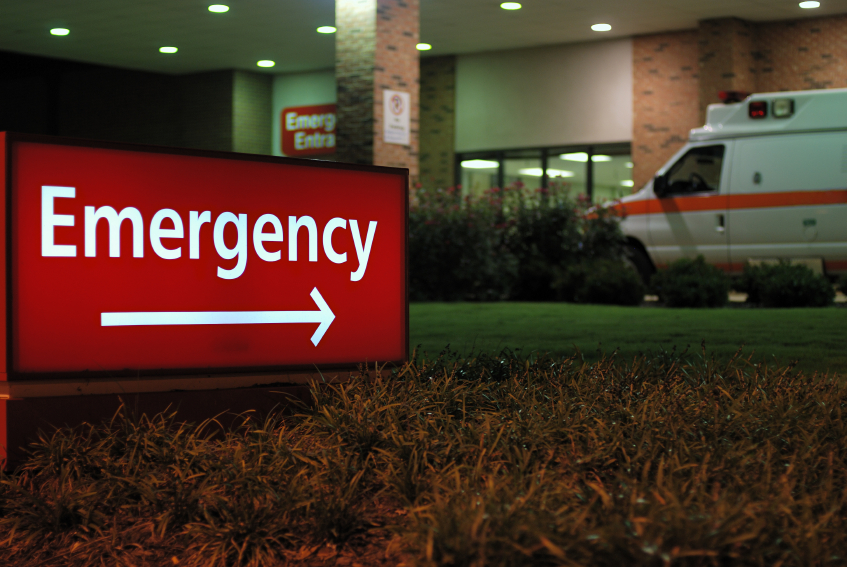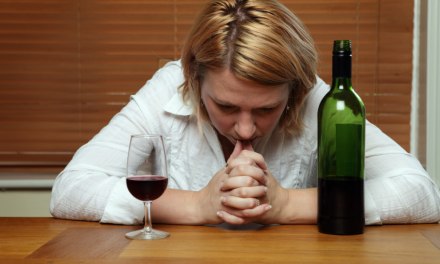Besides COVID cases, I mean. There’ve been several articles recently on the sudden, dramatic uptick in drug overdose fatalities. I picked one to link to:
Pandemic unleashes a spike in overdose deaths
Some observations of my own:
First, this was anticipated by many in the addictions field. Once the focus was off opioid use, the media would aim its search beams at some other issue, and public attention would follow. Awareness declines, attention wanders, and the problem that drew it in the first place quickly reasserts itself
We’re seeing that now with re-opening and what appears to have been a premature effort to return to a version of ‘normality’, pre-pandemic style. It’s been more like opening Pandora’s box. We realize now that the spread of coronavirus had only been suppressed, temporarily. Far from eliminated — any more than alcoholism goes away when someone sobers up for a few months.
Same argument could be made for the resurgence in drug overdose and its attendant fatalities. With millions of addicted persons out there, wondering what to do with themselves, it’s only a matter of time until the statistics reflect a reawakening epidemic.
Besides, the preoccupation with overdose death rates inadvertently distracted the public from a much larger and more enduring medical and social problem: an expanding population of persons with chronic Substance Use Disorders (SUDs). Many of those folks will be street users, a population with historically high rates of associated difficulties, ranging from HIV/AIDS to severe mental health issues to homelessness and criminal activity.
Social and healthcare programs to address this problem still vary widely from state to state. I see the voters of Oklahoma just now have narrowly approved expansion of Medicaid, that will no doubt make a real difference in terms of public health. Good on ya, I say, while adding “what took you so long?” But that’s how the political process works. I imagine the opposition is already gearing up to continue the fight.
Hopefully renewed focus will lead to prompt intervention to stem the rising tide of overdose and deaths. But we should have learned that’s not the best place to stop. Saving people’s lives is essential but it’s clearly not enough to make a lasting impact on the problem of addiction. More is needed.
Not just from us in the field, but from our clients, who often look outside themselves for a solution, when ultimately – as always – the key rests with a profound change in behavior that only they can commit to make.













